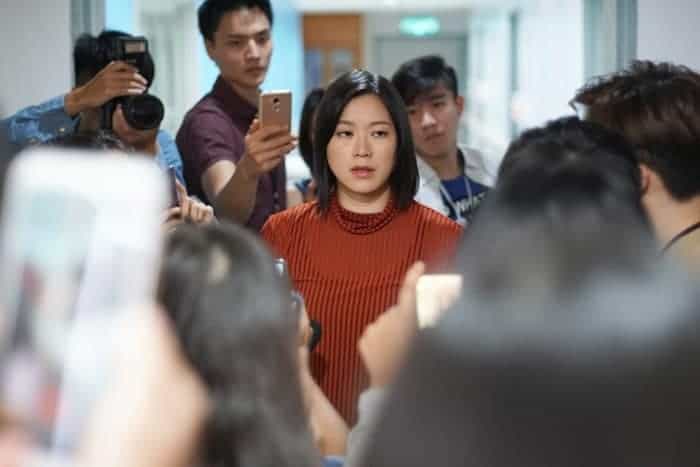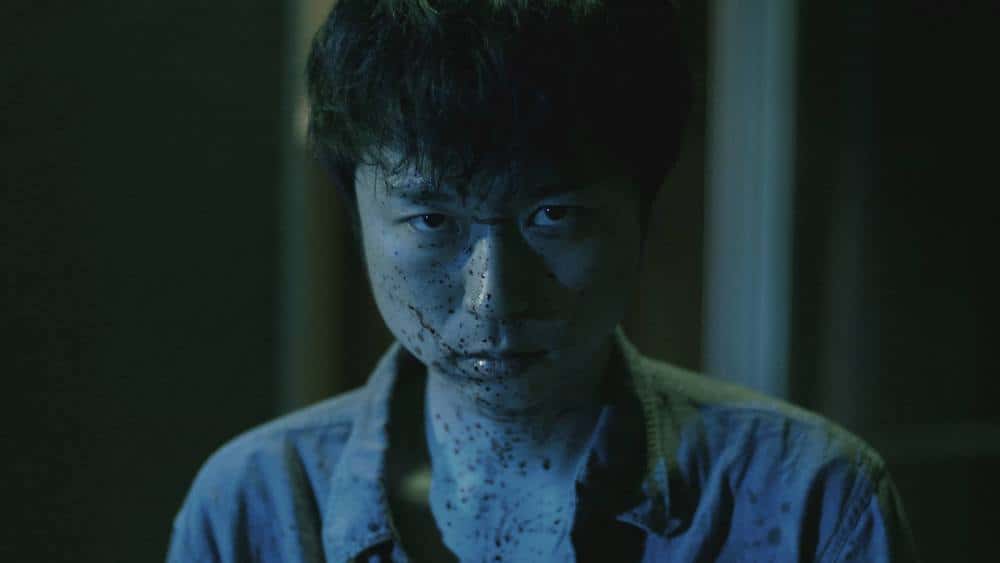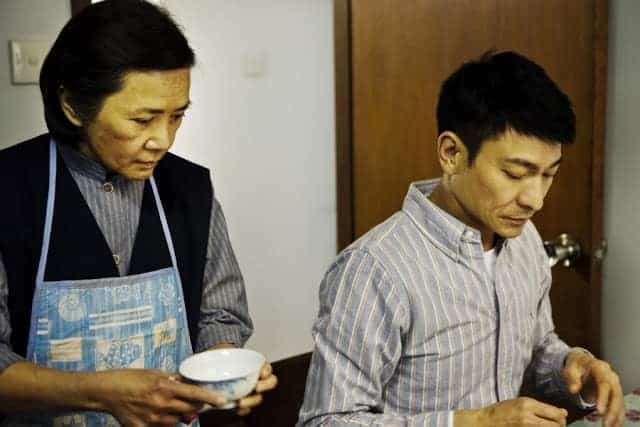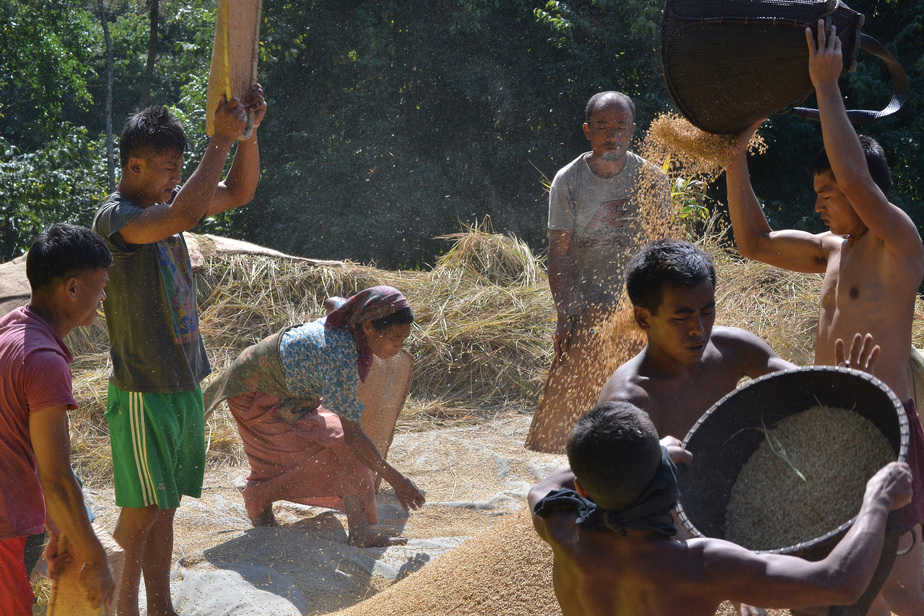The theme of “bullying the bully” has been a recurring one for Asian cinema, with films like “Confessions” in the past and “Better Days” lately dealing with the concept in a way that resulted in truly great movies. Considering the trouble the latter film faced with censorship in China, Layla Zhuqing Ji, in her feature debut, decided to shoot her take on the topic in Malaysia. Let us see how she fared.
“Victim(S)” is screening at Udine Far East Film Festival 2020

The story is based on true events and unfolds in two axes, one taking place in the present and one in the past. In the present one, Gu, a middle-aged woman working as a masseuse in a beauty salon and wife to an alcoholic gambler, realizes that her son, Gangzi has been on the receiving end of an attack of three students of Tak Sing High School, that ended up with him dead and the other two severely injured. The investigation immediately points to another schoolmate, Chen, son of Mei, a wealthy merchant of violent games, who is nowhere to be found. The interviews the police conduct with the rest of their classmates present a motive in the face of a newcomer in school, Qianmo, whom both boys seem to have feelings for. Chen soon appears and admits his guilt, with the press and the people on social media quickly creating a narrative of the rich kid that attacked his poor classmates, thinking his mother's money would get him out of any kind of trouble. Thus the bullying of the bully begins. As the second and larger axis takes over the narrative, a completely different story starts to unfold that deals with school bullying in various forms, homosexuality, and a number of other issues that fully justify the director's decision to shoot in Malaysia.
Layla Zhuqing Ji directs a movie that functions as a rather pointy remark towards a number of institutions. The lack of parenting and particularly of the role of the father in young boys' life is one of the most evident (if on a secondary role) with Chen's being nowhere to be found and Gangzi's being a problem that worsens his situation instead of helping in any way. Furthermore, that parents do not know what is happening in their children's lives becomes a central part of the narrative, particularly in this age, where the social media/digital world has created another level children can hide into.
The education system, with its exam-oriented approach that seems to leave no room for attending the students' social and psychological needs is another one, with the teachers also shining through their absence and the fact that all this bullying was taking place in school without them acting or even knowing highlighting the concept in the harshest way. The same applies to the elitist tactics of the institution, with the fact that the students are seated according to their grades (top students in front, low ones in the back) plus a number of privileges for the former, creating a rather harsh situation that does not differ much from actual segregation. These two elements combined also explain the students' completely immature way of thinking about sex, where the element of racism eventually becomes an important factor, and more importantly, that the protagonists feel their actions will have no consequences, since there seems to be no one to tell them otherwise.
School “politics” and the way all the aforementioned result in various types of bullying, particularly when combined with gossip spread through the completely unfiltered social media, are also examined in rather harsh fashion.
All the aforementioned explain the protagonists' actions in the movie, but Laila Ji does not justify them in any way, with the way the story unfolds also highlighting the reasons they met that particular fate. Somewhere here, however, is where the film's most significant fault lies, since the combined characteristics the protagonists exhibit seem to be somewhat excessive for single individuals to have, while Qianmo's actions seem almost surreal, considering the calmness she exhibits in all the horrible things that happen to her. This can be somewhat justified with the effort to comment on as many issues youths face nowadays as possible, but still remains somewhat far-fetched, although not to a point to fault the overall sense significantly.
The pressure towards the protagonists that derives from all the aforementioned is one of the most important factors of the narrative, since it induces the movie with an almost constant sense of agony that borders on the thriller, with the decision Chen's mother has to make near the end being the highlight. This approach retains the interest of the viewer until the end, even if the actual events of the night the three were assaulted become evident rather soon. This aspect benefits the most from both Laila Ji's direction and from Hsiao Yun Ku's excellent editing, which presents the flashbacks in a way that allows the story to unfold in the most captivating fashion.
Of equal quality is Eunsoo Cho's cinematography, whose “polished” images suit the private school setting quite fittingly, while a number of sequences are truly intense and beautiful at the same time, with the one with the suicide and the one outside the hospital being the highlight of his effort.
Kahoe Hon as Gangzi, Xianjun Fu as Chen and Wilson Hsu as Qianmo give excellent performances in rather difficult roles that involve intense violence among youths. The way they portray their resolve and occasional courage and the fact that these and any trait they have does not help them against the way the system works is the apogee of their performances. Lu Huang as Mei and Remon Lim as Gu are also excellent in the way they portray both their faults as mothers and their resolve to protect their kids in any way, with their antithetical symmetry providing yet another level to the context of the film.
“Victim(s)” has some faults, particularly script-wise, but Layla Ji manages to highlight a number of issues youths face nowadays and their roots quite thoroughly and in a fashion that results in a rather entertaining movie.















